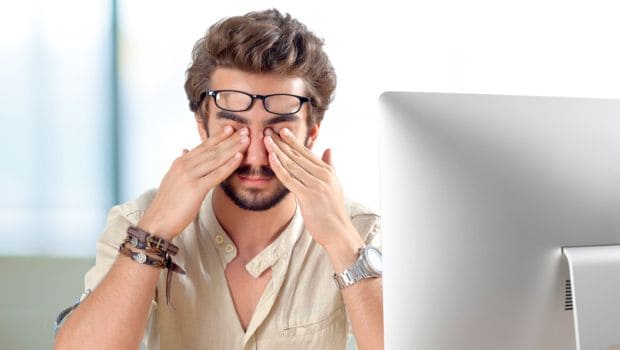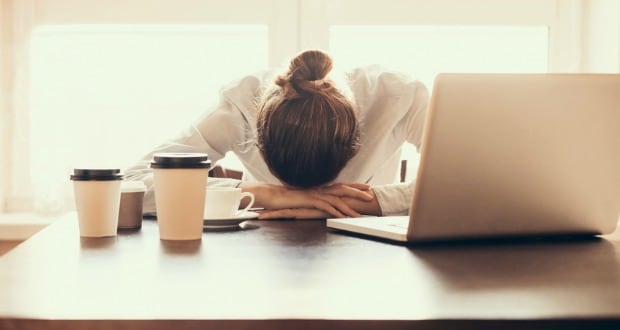No Time to Sleep? You Could Be Hampering Your Immune System

Why do we need to rest? There’s always so much to do and we have such little time. We have deadlines to meet and goals to achieve that we often convince ourselves that four to five hours of sleep time is more than enough. Now just ask yourself one question – do you want to be at the best of your health and live long? Living a healthy and balanced life takes dedication and effort, and you shouldn’t take it for granted. What we often fail to understand is that how we live our life now have repercussions on the days ahead of us. Only if we pull up our socks and take care of ourselves can we look forward to a healthy future.
We have heard it umpteen times before that seven to eight hours of sleep is necessary for our body. And it is not without reasons that health experts advise so. Sleep is required by our body because that is the time when all our internal organs rejuvenate to be able to perform better the next day. The more we reduce that resting time, our organs take a toll and as such, we tend to suffer from various ailments.
A recent study done by the University of Washington in Seattle, found that those deprived of regular sleep are likely to have a weak immune system. The findings showed that chronic short sleep shuts down programmes involved in immune response of circulating white blood cells. Seven or more hours of sleep is recommended for optimal health, thus the immune system functions best when it gets enough sleep, the researchers said.

“The results are consistent with studies that show when sleep deprived people are given a vaccine, there is a lower antibody response and if you expose sleep deprived people to a rhinovirus they are more likely to get the virus,” said lead author Nathaniel Watson.
For the study, published in the journal Sleep, the team took blood samples from 11 pairs of identical twins with different sleep patterns and discovered that the twin with shorter sleep duration had a depressed immune system, compared with his or her sibling. They used identical twins because genetics account for 31 to 55 per cent of sleep duration and behaviour and environment accounts for the remainder.
“Modern society, with its control of light, omnipresent technology and countless competing interests for time, along with the zeitgeist de-emphasising sleep’s importance, has resulted in the widespread deprioritisation of sleep,” the researchers noted.
Sleep is not something you should put last in your daily agenda. It is as important as eating, exercising, spending time with family, carrying out your work schedules, etc. Of course it is easy said than done, but at least you can make a start by trying.
[“source-ndtv”]
